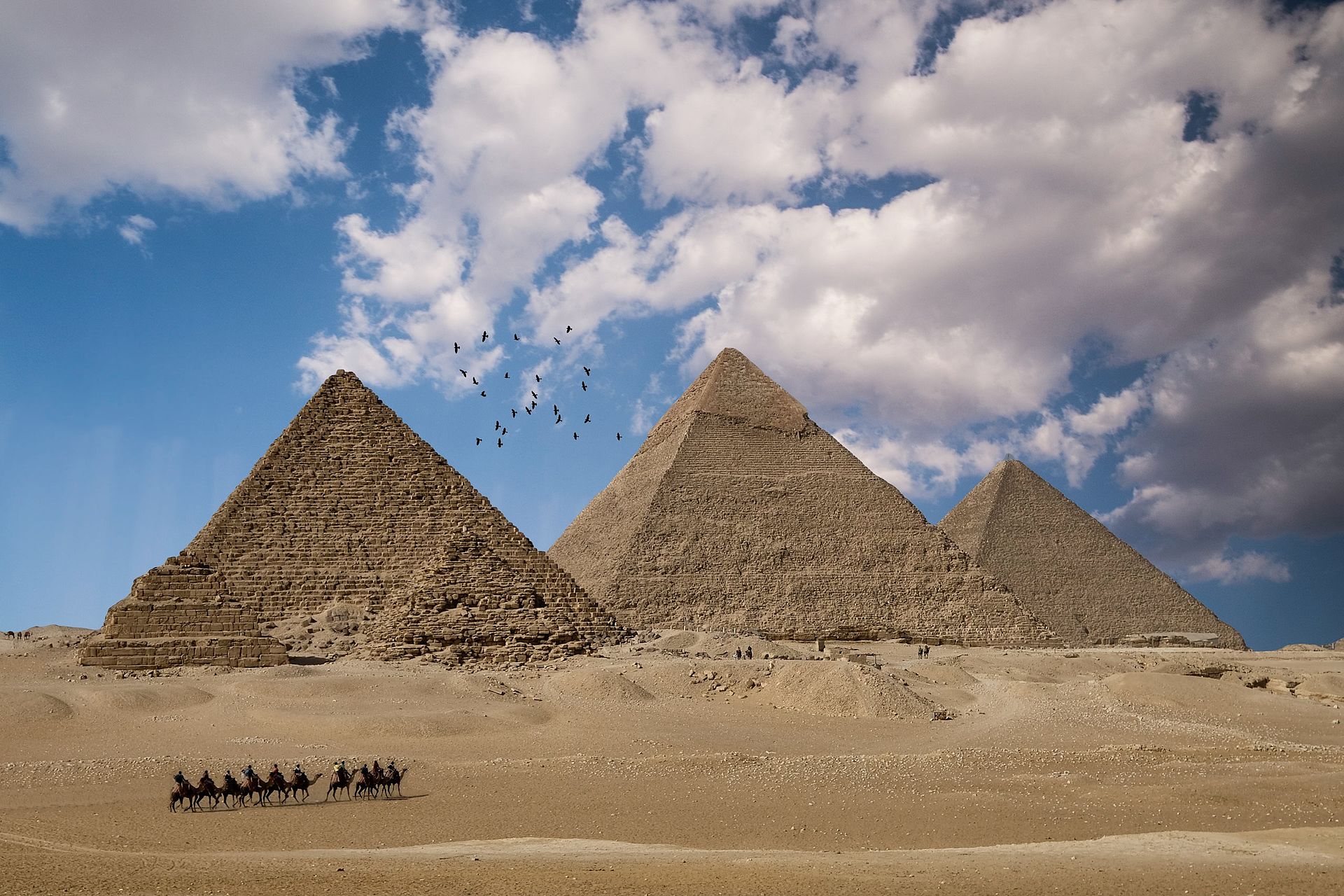

Admired around the globe as the last of the Seven Wonders of the Ancient World still in existence, the Pyramids of Giza remain the main attraction for anyone visiting Egypt. But tourist overcrowding has made its surroundings chaotic, with guides, tour buses, street vendors, scammers and sorry-looking camels making the Giza experience uncomfortable for tourists and unbearable for locals. The Egyptian government has decided to act, aiming to revamp the Giza Plateau and try to turn the chaos into magic with a $51 million initiative.
The government’s plan, spearheaded by the Orascom Pyramids company, is set to reorganize the chaos reigning in Giza by better preserving the site, restoring the tombs, establishing a new access point on the Cairo-Fayum road, improving animal welfare, boosting online sales, relocating vendors and promoting eco-friendly transport instead of animal rides.
In 2024 alone, 15.7 million tourists visited Egypt’s iconic pyramids, a UNESCO World Heritage Site. With the ambitious goal of reaching 30 million by 2030, and the country being fully aware that tourism generates on average 10 percent of the nation’s GDP at $6.6 billion, Egypt decided to take action.
Certain aspects of the revamping plan have already been implemented. A fleet of 45 electric buses have been introduced to the site. The buses are scheduled to run every five minutes.
Moreover, the Egyptian government launched a specific animal welfare program last fall across the main tourist spots, including Giza.
Other changes however are meeting resistance. A new access point to the site was set last week to tackle overcrowding, but it was met by protest from local vendors. Tour operators blocked traffic into the premises as they rallied against their relocation to the parking area, saying the move will hurt their businesses.
Naguib Sawiris, founder of Orascom, said vendors “should go to their designated zones as planned by the state and stay away from the bus routes, to avoid disrupting the tourist experience. Those who refuse should be banned to preserve this historic district.”
“Public well-being is far more important than catering to the interests of 2,000 individuals who have caused harm to the country for years,” he added.
Platforms like TikTok and Instagram are awash with visitors’ bad experiences at the Giza necropolis, ranging from harassment by hawkish vendors to scams and shocking reports of malnourished and injured horses, donkeys and camels offered to tourists for rides alongside the pyramids.
In the era of social media, every bad experience in monumental tourist sites such as Giza may be seen by tens of thousands. This can not only impact the destination’s reputation but also cost millions in tourism losses—which Egypt cannot afford.
